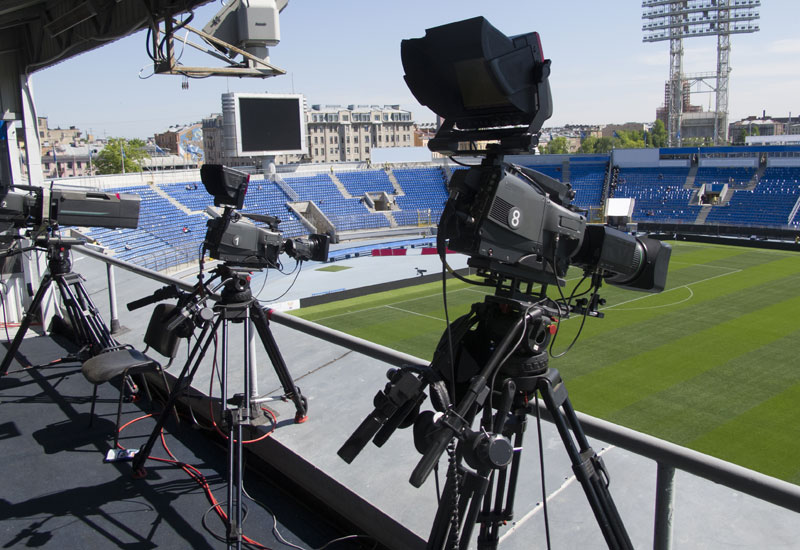The world of sports broadcasting thrives on versatility. Unlike a scripted drama where the flow is predetermined, sports present a dynamic tapestry of athleticism, strategy, and surprise. A skilled sports broadcaster must be a master of adaptation, capable of seamlessly transitioning between the gridiron’s sprawling chaos of American football and the contained intensity of a mixed martial arts MMA bout inside the octagon. On one hand, football commentary demands a deep understanding of complex formations, playcalling strategies, and the nuances of different positions. Broadcasters need to anticipate plays, explain intricate rules on the fly, and translate the game’s technical aspects for a broad audience. Their voices rise and fall with the ebb and flow of the game, injecting excitement into a long touchdown run or heartbreak into a fumbled interception. Knowledge of team histories, player rivalries, and statistical trends adds further depth, allowing them to weave narratives into the broadcast tapestry.

Shifting gears to MMA, the EPL중계사이트 assumes a different role. Here, the focus tightens to individual fighters, their strengths, weaknesses, and fighting styles. Play-by-play commentary becomes a rapid-fire exchange, keeping pace with the whirlwind of punches, kicks, and takedowns. Describing the technical aspects of grappling or a well-timed strike requires fluency in the language of combat sports. But it is not just about the action. A skilled MMA broadcaster can build anticipation for upcoming fights, delve into the personal stories of the athletes, and even educate viewers on the various martial arts disciplines on display. The key to success in both scenarios lies in a broadcaster’s ability to connect with the audience. They must be storytellers, weaving excitement and drama into the broadcast regardless of the sport. A booming voice that can electrify a crowd during a game-winning touchdown is just as valuable as the measured analysis that breaks down a complex MMA submission hold.
Adapting vocabulary and pacing is crucial. Football commentary thrives on enthusiastic calls and colorful metaphors, while MMA benefits from a more technical approach that still conveys the raw emotion of the fight. Versatility extends beyond the actual broadcast. Today’s sports broadcaster must be as comfortable in front of a camera as they are behind a microphone. Pre-game interviews, post-fight analysis, and even hosting studio segments all fall within their purview. This demands a strong on-camera presence, the ability to think on their feet, and a personality that resonates with viewers. The world of sports broadcasting is a demanding one, but the rewards are plentiful. For those with a passion for sports and the ability to translate that passion into engaging narratives, it offers a unique opportunity to be a part of the action, informing and entertaining audiences while showcasing the beauty and drama of athletic competition across a diverse sporting landscape.
